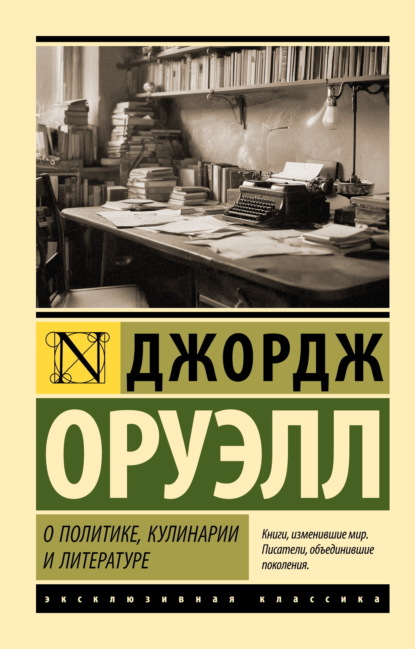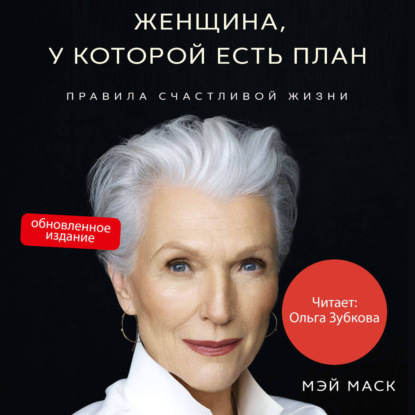Format
Yuqori baho
Tanlanmagan
Kitoblar 4 va 5 yulduzlar bilan baholangan
Birja chegirmasi bilan
Tanlanmagan
Litres mualliflari
Tanlanmagan
Eksklyuzivlar
Tanlanmagan
Qog'ozli versiyalari mavjud
Tanlanmagan
Mashhur
Библиотека Сталина. Вождь и его книгиДжеффри РобертсO'qigan Константин Корольков
Tarjima Кирилл Светюха tomonidan
rus tilida
Audio
Средний рейтинг 0 на основе 0 оценок
91 913,46 s`om
Бунт на продажу. Как контркультура создаёт новую культуру потребленияДжозеф Хиз va b.
O'qigan Елена Лемешкина
Tarjima Дмитрий Скворцов tomonidan
rus tilida
Audio
Средний рейтинг 0 на основе 0 оценок
91 913,46 s`om
Смысл моей жизни. Аргентина, перонизм и МонтонеросЭва Перон
O'qigan Колесникова Анастасия
Tarjima Марат Нигматулин va boshqalar tomonidanrus tilida
Audio
Средний рейтинг 0 на основе 0 оценок
76 568,97 s`om
























